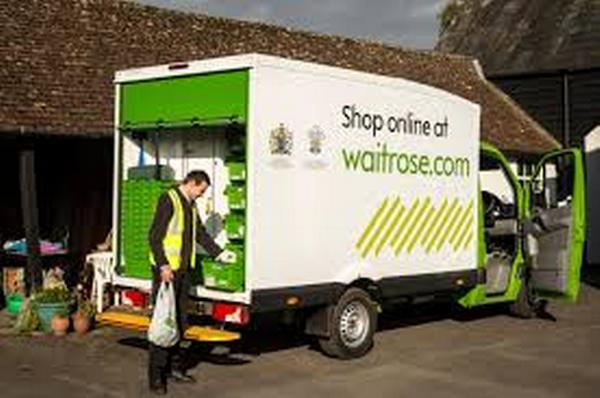International Workshop: Road freight efficiency versus freight modal split: reconciling environmental objectives
The International Transport Forum (ITF)[1] invites interested parties to a special workshop on reconciling environmental objectives in freight transport…
There is general agreement that to achieve deep reductions in carbon emissions from logistics it will be necessary to deploy a broad range of decarbonisation measures. Two of the most important and widely-promoted measures, however, appear to be in conflict. On the one hand, efforts are being made to improve the carbon efficiency of road transport, which is by far the dominant freight mode. On the other, companies are being encouraged to shift freight from road to rail and waterborne transport because these modes have a much lower carbon intensity. The conflict arises because efficiency improvements in road transport make it more competitive, frustrating the efforts of alternative modes to capture a larger share of the freight market. This presents planners and policy-makers with a dilemma and complicates the development of decarbonisation strategies.
The workshop will examine ways of reconciling the apparent conflict between road efficiency improvements and modal split as decarbonisation options. Fundamental to this reconciliation is the cross-elasticity of demand for road and rail / water-borne services – in other words how sensitive is the demand for alternative, lower-carbon modes to variations in the price of road haulage. Various attempts have been made by academics and consultants to quantify this cross-modal elasticity, but their estimates vary widely and cannot be easily extrapolated between national freight markets, industrial sectors and commodity types.
The formulation of decarbonisation, and wider environmental, strategies for the freight sector requires sets of accurate and robust elasticity values that are deemed to be credible by all the main stakeholder groups.
This workshop is an opportunity for academics and practitioners interested in freight transport and logistics to take part in a debate around these issues, to shape the research agenda on mode choice and to contribute to the current ITF project on high capacity freight transport.



